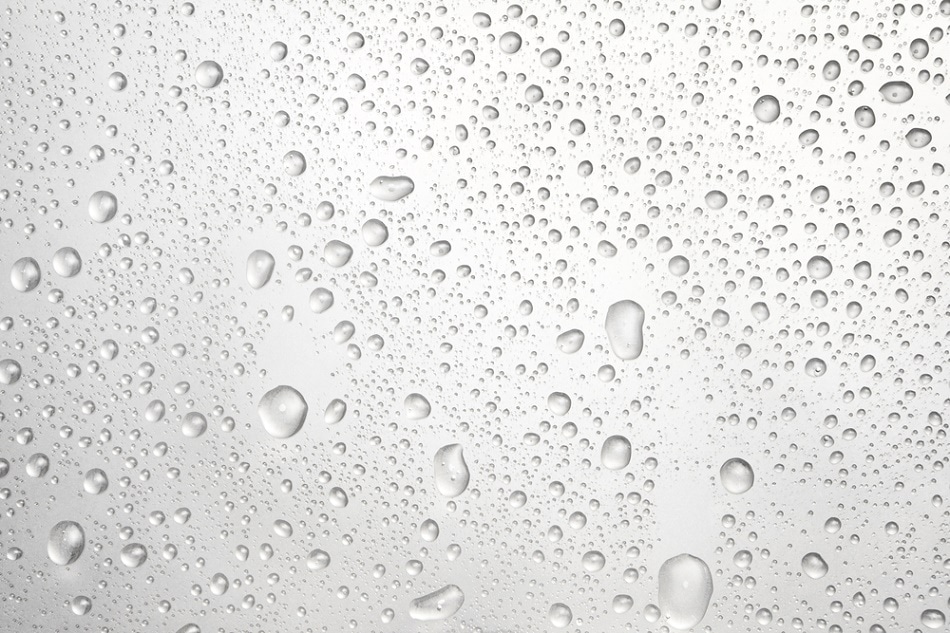Sep 8 2016
 Image Credit: Apples Eyes Studio/Shutterstock.com
Image Credit: Apples Eyes Studio/Shutterstock.com
There is an ongoing challenge of providing access to clean water for communities living in parched areas of the world. Recent developments that involve harvesting water from air have been suggested as a solution.
However, the technology to do so tends to consume a lot of energy. Researchers have reported in ACS’ journal Environmental Science & Technology that a new system design based on new modeling results, would consume less energy and generate quality water.
According to an International Organization for Dew Utilization study published in 2000, the surrounding atmosphere is said to contain more water vapor than all of the surface and underground liquid freshwater on Earth.
However, existing machinery to gather water from this atmospheric reservoir has big limitations. For instance, one technique uses electrical refrigeration to cool the air and condense the vapor, but this consumes 40-90% of the system’s total energy needs.
Scientists working at the Technion in Israel compared this method to their new design. A liquid desiccant was used to initially separate the vapor from air and then only cool the vapor.
Their calculations reveal that this method would provide 20-65% energy savings over the standard system. However this depends on where the technology is applied and the climatic conditions at the site.
The researchers received funding from Maccabi Carasso Ltd.
Source: https://www.acs.org